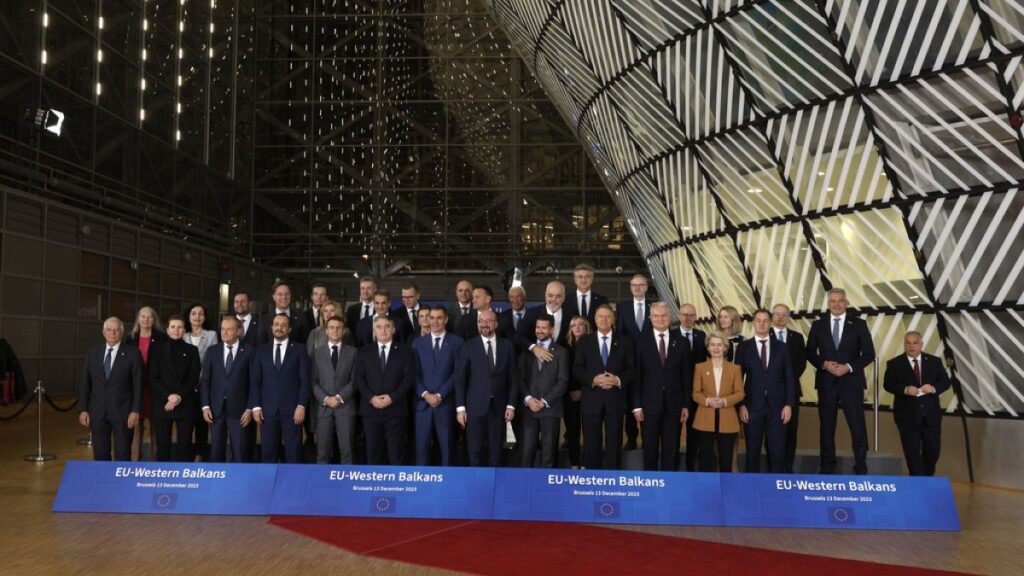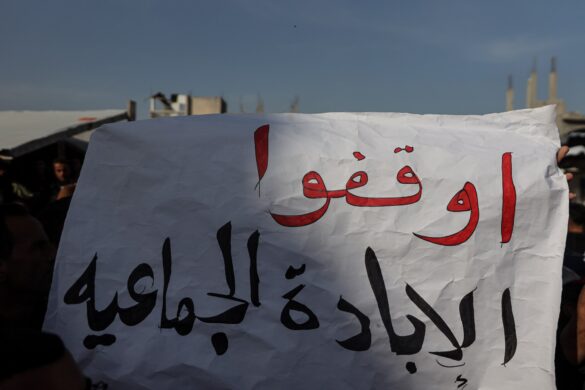The new growth plan for the Western Balkans adopted by the European Commission last November will bring a total of six billion euros to the region, including Serbia.
THE Western Balkans include North Macedonia, Montenegro, Albania, Bosnia and Herzegovina, Kosovo and Serbia.
To receive the payments, countries will have to undertake reforms which will bring the region closer to the European Union, an important step towards future membership.
Belgrade has prepared a reform programme, which has been submitted to the European Commission and is in the phase of internal consultations.
Tanja MiscevicSerbian Minister for EU Integration, is in any case very optimistic about the outcome of the discussions with Brussels.
“We have little work left, little time left, and we believe that at the beginning of September the Commission and the Member States should confirm our reform agendas..” she said.
Amounts delivered under conditions
The European Commission recently said that financial support will depend on the successful implementation of the expected reforms.
Pre-financing is planned until the end of 2024.
These reforms are divided into two categories, quantitative and qualitative, which will serve as conditions for payments, and each stage will have an implementation deadline.
The appropriate funds will be released twice a year, based on the request of the beneficiary of these funds and verification by the Commission, subject to three sets of conditions.
The required conditions are, among others, those which are always required of candidates, namely respect for democratic mechanisms, that is to say a multi-party parliament, free and fair elections, media pluralism, an independent judiciary, the rule of law. Belgrade and Pristina also have an additional condition: the normalization of their relations.
“These are more political conditions and the European Union will apply them or not, depending on its political assessment. So we can expect some flexibility, and as far as this reform programme is concerned, the EU will observe whether something has been implemented or not, within the given time frame.” explains to Euronews, Aleksandar Ivkovic researcher at the Center for Contemporary Politics in Belgrade.
On the six billion euros plannedtwo will be paid directly into the countries’ budgets, while four will be loans.
According to estimates, which are still unofficial, Serbia could receive 1.63 billion euros.
Additional sources • Jean-Philippe Liabot




